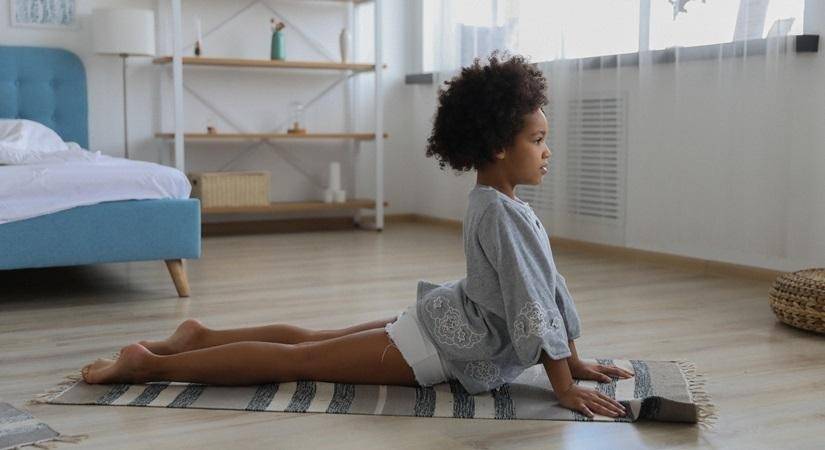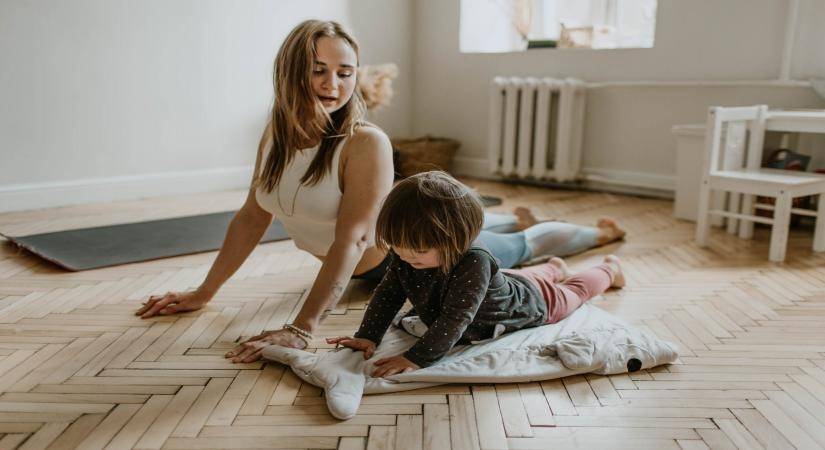A mentally and physically healthy child naturally leads to a happy child. The positive mindset created with yoga helps children stay happy and fulfilled…reports Asian Lite News
Yoga is an avenue for children to learn movement and mind-body coordination in a fun and creative way. But there’s more than just fun to it.
Sarvesh Shashi, Founder, of SARVA says, “As a practitioner who started yoga at the age of 6, I have seen several more benefits from the practice than just these. Yoga helped mold my personality and helped me be stronger with my resolutions. It increased the feeling of calm, it made me more self-aware in my teen years, and it allowed me to adopt a life of discipline, and eventually changed the course of my life completely”.
When we reflect on our formative years as adults, we increasingly realise that our childhood experiences shape us into adults, and we all have a diverse range of experiences as we grow up. We receive the benefits of a stable and active childhood later in life. This is when Yoga comes in handy. It has been proven to affect the development of greater balance, strength, endurance, aerobic capacity, focus, memory, and self-esteem in a scientifically and positive manner. Sarvesh delves into ten of these themes in more detail.
Develops strength: Yoga fortifies developing bodies and helps children by working on their flexibility and strength, which can lessen their chances of injury (During sports, playtime and generally too)
Discover their body and emotions: Yoga asanas help children discover their bodies through movement. Breathwork helps balance emotions and regulates behaviour.
Develops immunity: Yoga helps improve and strengthen the body’s immunity in those crucial formative years towards building a healthier future for themselves.
Helps in school: Yoga helps children with their focus and concentration. It also improves classroom behaviour, performance in school, social relationships, and interactions with peers.
Helps to be more positive: A mentally and physically healthy child naturally leads to a happy child. The positive mindset created with yoga helps children stay happy and fulfilled.
Develops imagination: Children have an active imagination and it is important to feed this with the right ingredients. Movements in Yoga not only allow them to exercise their body but also encourage them to try a lot of movements on their own. This feeds my love for creativity and exploratory imagination.
Helps with mental development and confidence: Sometimes, stillness is just as important as movement. Those children who struggle with hyperactivity can be taught the ability to control their thoughts and bring sense to the chaos through Yoga. Sometimes, it can be difficult for children to function with so many instructions being given at the same time. Meditation and mindfulness are tools that children can be taught in order for them to feel less overwhelmed with their school work (etc) and be more confident in their own abilities.

Promotes self-love: It is never too early to explore the themes of self-love. Being compassionate to one’s self is more important than being critical of our own achievements. This can be a delicate balance that comes from within, and which can be explored through Yoga.
Helps with cognitive development: Meditation and mindfulness help with cognitive development in children too. This promotes logical thinking, better decision-making, better performance in school, and so on.
The most important skill of all: Gratitude: Finally, Yoga teaches children one of the most important habits they will ever develop in their lives, the habit of being grateful for everything they receive in life.
ALSO READ-Yoga for good health and living













